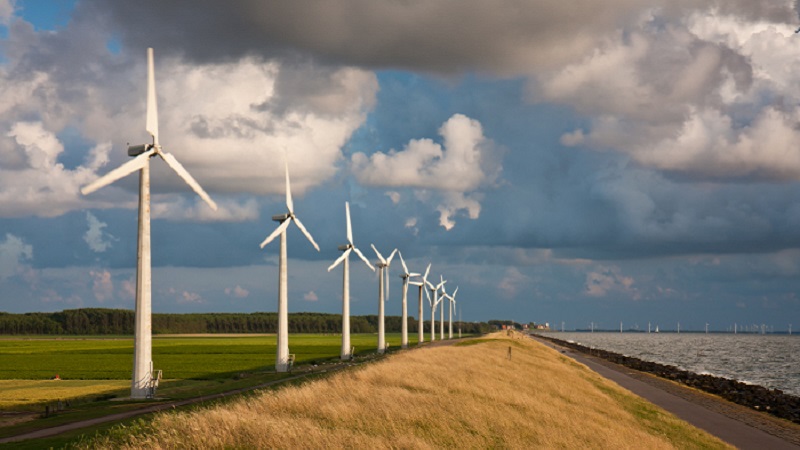There has been a strong shift to thematic investing, with institutional and wholesale investors expecting an improved long-term performance in their investments, according to a survey conducted by Greenwich Associates – sponsored by BNP Paribas Asset Management.
Pieter Oyens, head of strategic marketing at BNPP AM, points out that the major move towards thematic investing continues unabated.
Data from Morningstar shows that, over the three years to March 2021, assets under management for thematic funds have more than tripled to $595bn (€507bn).
This accounted for 2.1% of all assets invested in equity funds globally, up from 0.6% a decade ago. Significantly, Europe is the largest market.
Long-term performance
The survey shows that nine out of 10 investors expect thematic investing to benefit long-term performance, while three quarters are using thematic funds to access strategies with a focus on sustainable investing.
In terms of asset classes, wholesale appetite centres primarily on equity thematic investing strategies followed by fixed income strategies. Institutional investors are also mainly drawn to equities, followed by private markets, the survey found.
Investors’ preferred themes for thematic investing, which transcends geographies and business sectors, according to the Greenwich Associates survey, were:
- Sustainability – namely, investing around broad sustainability related themes such as the UN’s sustainable development goals (SDGs), and in climate change solutions and renewable energy, and
- Disruption – investing in robotics & artificial intelligence, disruptive technology, and healthcare innovators.
Rudi Van den Eynde, head of thematic global equity at Candriam, fully agrees with the survey’s emphasis – especially on the climate change point. “This is a decade long and important global issue, which technology needs to solve. This means there are also solutions and investment opportunities if one understands the space well.
“We see strong flows continuing into our climate fund. Social issues and abuses need to be tackled and funds selectively investing in companies answering this call could enjoy investor backing and popularity. We are launching/preparing products along those lines.”
Van den Eynde also identifies disruption as a preferred theme. “Our biggest thematic funds are healthcare oriented, as well as technology/robotics /automation and climate. Innovation is key in potentially providing a high profitability to a company, as excellent products do command price premiums and high gross margins. Innovation allows a company to ‘make its own luck’ and flourish even in more challenging economic environments. For instance, a really good new drug will sell, whatever the economic backdrop, and the innovator drug company will probably be a good investment.”
Mega trends
BNPP AM’s recent white paper on mega trends for the 21st century identified a number of major trends that are set to shape the world as it emerges from the pandemic.
As Oyens explains, the main trends that investors should consider include, Healthcare, Technology; Sustainability; Equality and Inclusive Growth.
“We believe thematic investing requires a targeted approach away from broad-brush strategies and with attention centred on business cases, in-depth knowledge of the underlying assets and active engagement.”
He adds: “We apply active management where the investible universe is broad enough to create alpha through stock selection. For narrower investment themes, passive investment strategies can be preferable combined with active engagement with portfolio companies.
“We also recognise the appeal of an innovative ‘mix-and-match’ approach combining a series of themes to create a custom mandate.”
Regulation driving demand
Upcoming regulatory change, including the integration of ESG preferences in investor choices under Mifid II, may also accelerate the drive towards thematic investing.
The survey finds that investors increasingly want investments to have a positive impact on the world. Indeed, sustainability and an ESG focus are part of a broader trend in the asset management industry.
And this is being fanned by a supportive regulatory and public policy backdrop that includes initiatives such as Sustainable Finance Disclosure Regulation (SFDR); Mifid II; EU taxonomy, the EU Green Deal; and the US administration’s prioritisation of achieving net zero emissions.
For more on pan-European funds and investing, please visit expertinvestoreurope.com











